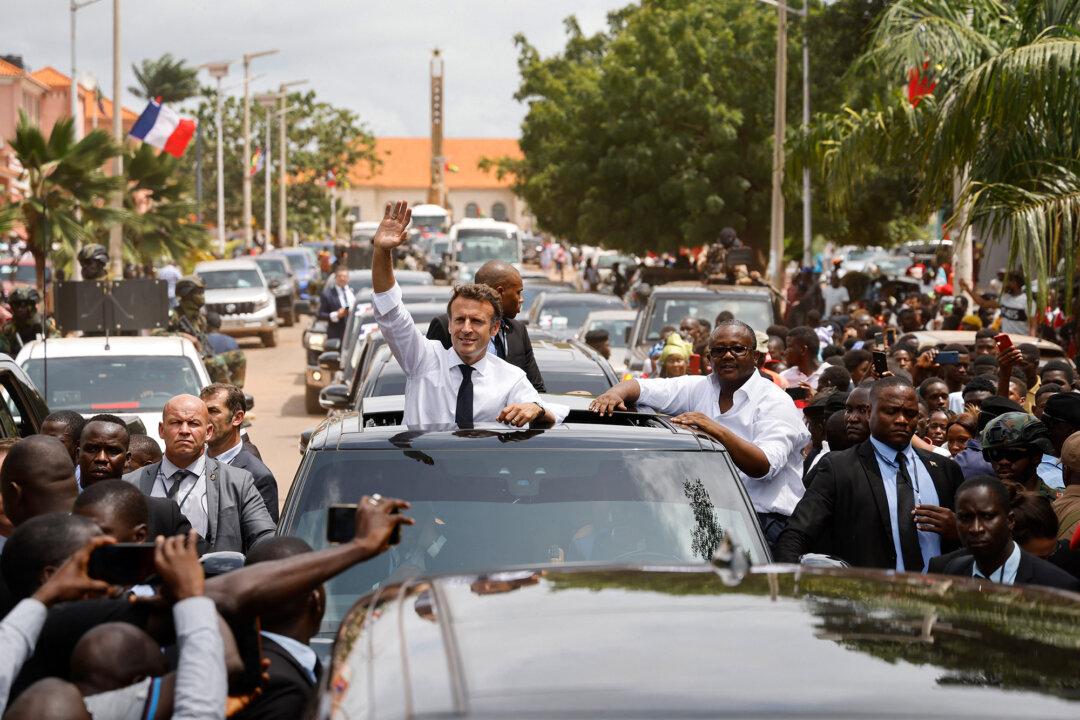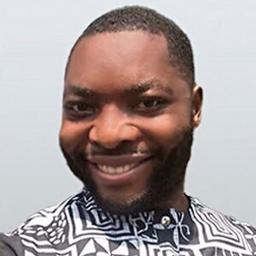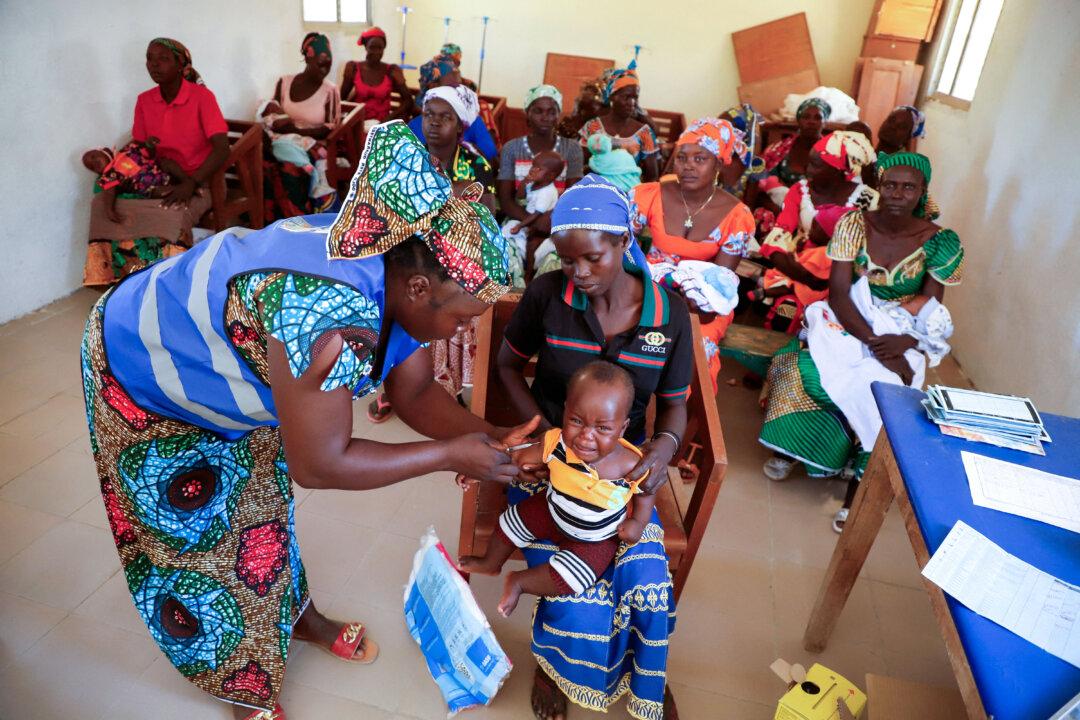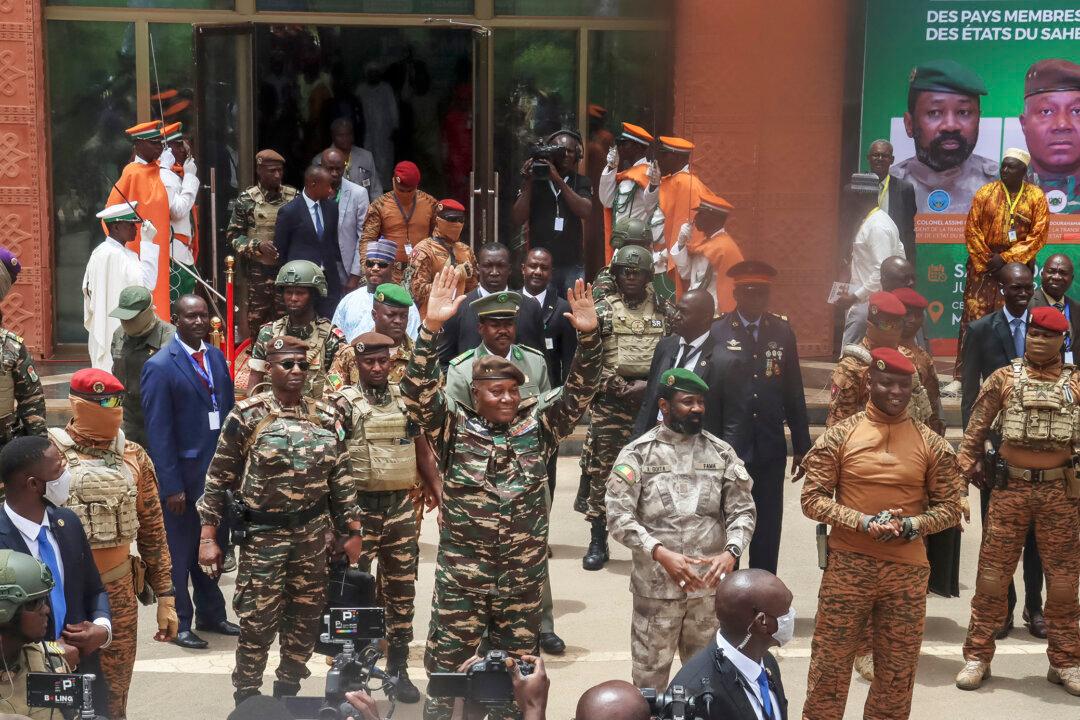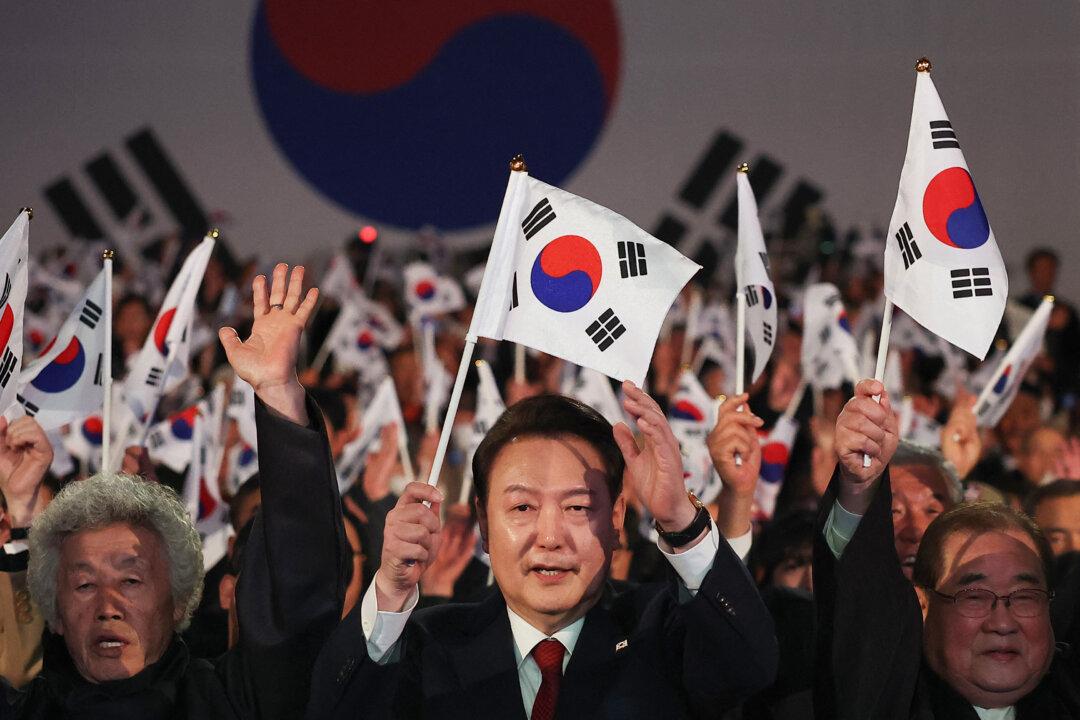France, Russia and the United States are racing against time to redefine their increasingly unpredictable relations with African states amid the war in Eastern Europe.
President Emmanuel Macron of France visited Cameroon, Benin, and Guinea-Bissau, from July 25 to 28 and addressed Africa’s multifaceted security challenges as well as Russia’s invasion of Ukraine.
